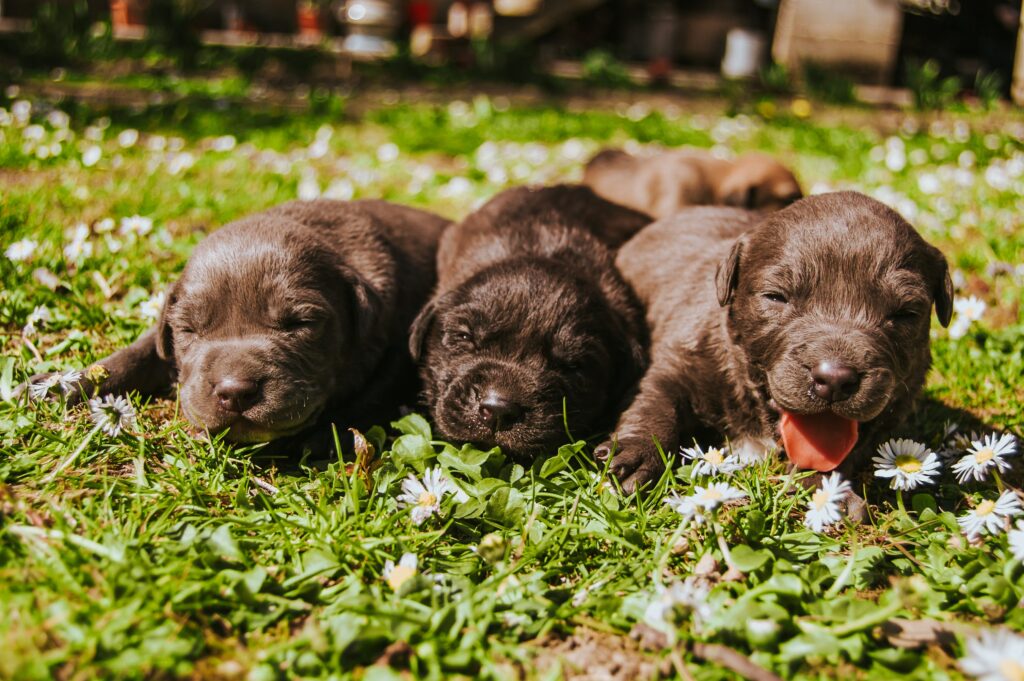
Breeder Curriculum
The Functional Dog Collaborative’s Breeder Curriculum is intended to cover all the topics a highly qualified, responsible breeder should be comfortable with. As this curriculum evolves, new sections will be released. We hope to also release a list of resources for use in learning about the variety of topics mentioned here. If you have any suggestions for how this curriculum might be improved, we encourage you to contact us.
Sections will be published here as they are completed. Stay tuned for more updates!
The curriculum is in the process of being filled out with details and links to outside resources. The outline below contains links to more details when they exist. If an outline entry is not a live link, those details have not yet been written. (We are always looking for volunteers to help!)

